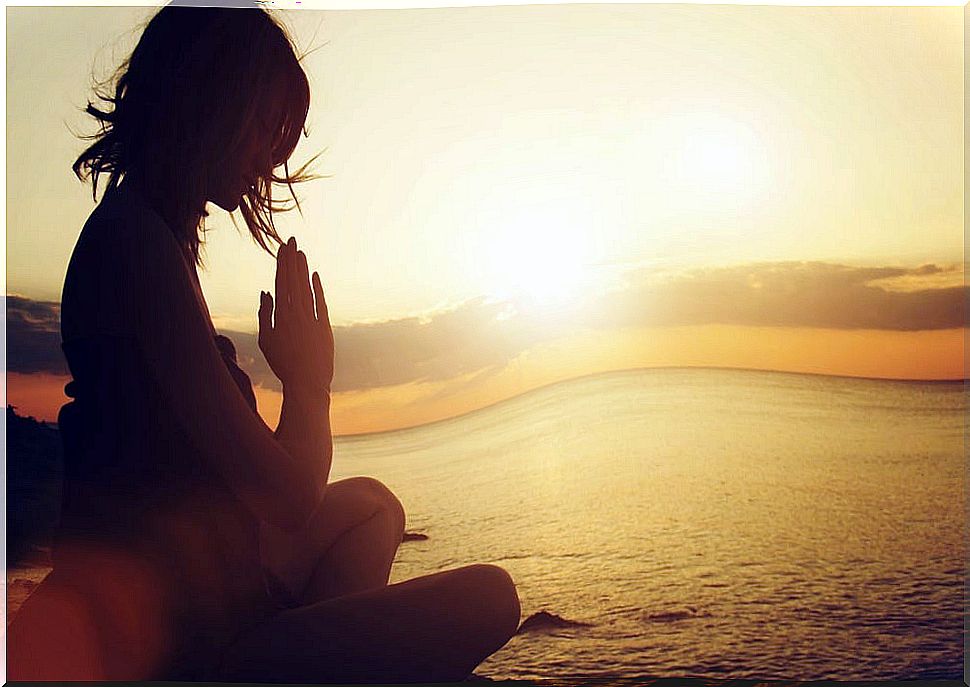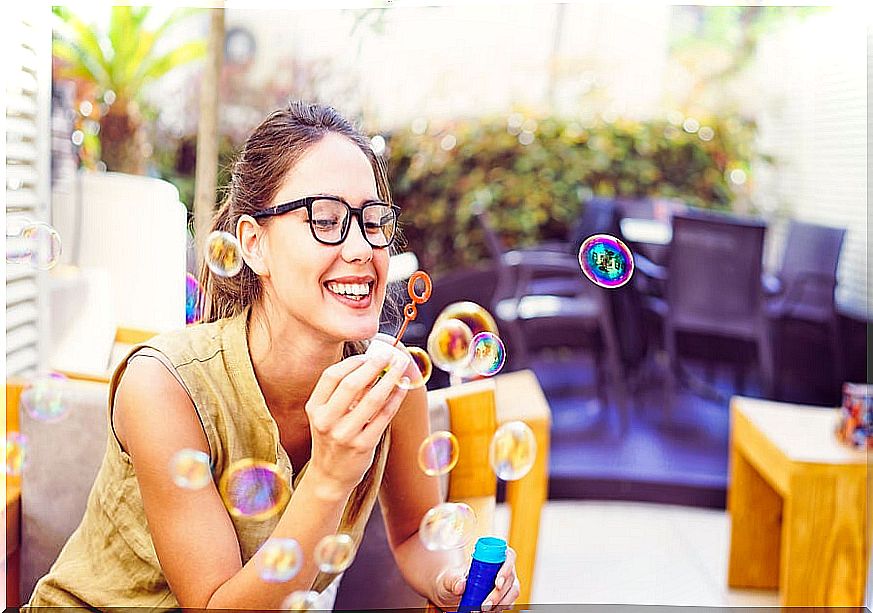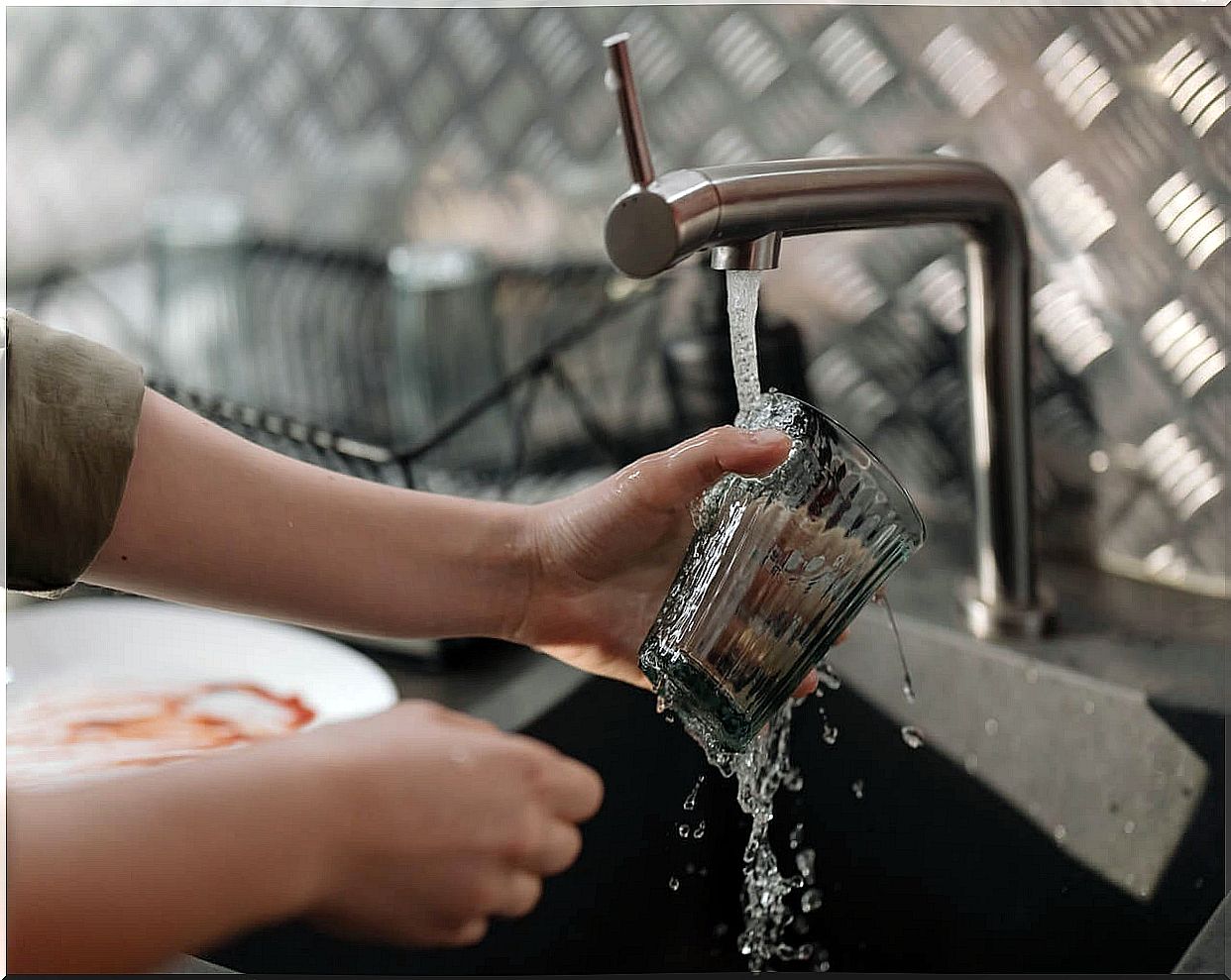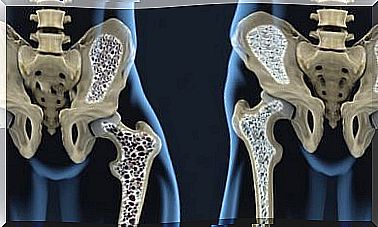5 Mindfulness Exercises For Anxiety
Mindfulness exercises can be understood as the search for attention or mindfulness. They could be defined, in fact, as the ability to return to the “here and now” when the mind has traveled to the past or the future. Thus, one can be really aware of where he wants to go and what his own goals are.
If you make a mistake, you can decide not to repeat it. The problem is that most of the time one is lost in a flow of thoughts that correspond to a moment that, unfortunately, cannot be changed.
Therefore, mindfulness helps to focus on the only thing that is real: the now. It is in this context that there is only room to act. The rest is beyond your control because it is something that has not yet arrived -the future- or that no longer exists -the past-.
Some mindfulness exercises for anxiety

To practice mindfulness, it is necessary to design some specific exercises that it is advisable to do on a daily basis to gradually turn them into a habit.
According to this study carried out by a team from Boston University, this practice could be very beneficial to face problems such as anxiety. As you already know, this is an emotion that prepares you to act in the face of a threat. It is a defense mechanism that helps to survive, to make decisions quickly and efficiently against possible damages that may be suffered.
Therefore, the first thing is to realize that anxiety is not bad. Do not judge it this way, but know its function and try to use it to your advantage. The five proposed mindfulness exercises to manage this anxiety are the following.
1. Take a shower
A good exercise to start practicing mindfulness it could be, for example, get a shower paying attention to the activity. The thoughts have to be solely focused on the act itself.
Focus on everything the shower involves: reaching for the soap; spread it over your body; feel your skin…
It is about putting “beginner’s mind”, as if you had never showered, letting yourself be seduced by all the elements of a shower, without wanting to run to finish it, without thinking about what you have to do next.
2. Plasticine dolls
This exercise will transport you back to childhood. Children are the best mindfulness teachers . They live continuously in the present, everything surprises them and seems wonderful to them.
Try to be a child, grab some colored plasticine and get ready to make dolls or whatever comes to mind. Think about what you want to create and do it with care, patience, putting all your effort and attention.
Don’t get up to do something else until you’re done. Dedicate yourself to your plasticine doll, letting your thoughts only be about it.
3. Soap bubbles

With this exercise, in addition to practicing breath-based relaxation in an alternative way, you will also increase your ability to focus on a single present activity.
Get a pompero and start blowing bubbles. Take a look at how they are: some smaller, others much more chubby. Feel how the light reflects off them and creates beautiful colors.
Experience how some explode when they reach a certain height and how others, on the other hand, advance very far.
4. “Empty the hard disk”
When you’re feeling anxious, you can grab a pen and paper and “empty your hard drive.” That is, put all your thoughts on paper. Write them as if they were telegrams. Don’t evaluate them, don’t reject them, and don’t judge them. They are just thoughts.
5. Do the dishes

Doing the dishes is a good way to practice mindfulness exercises . It is about connecting with all the sensations that the act of scrubbing entails: hot or cold water; soap and its texture; watching the dirt fall and the plate is getting cleaner …
The key is to focus the mind on the activity itself, seeing the rest of the thoughts as simple “noise”.
Benefits of mindfulness
Mindfulness exercises take you away from evaluations based on the deepest and most ingrained beliefs, and bring great doses of calm and serenity to your life.
Getting away from the judgments of others reports greater well-being, both with oneself and with the environment. Therefore, they will not only improve your self-esteem and help you cope with anxiety, but also your social relationships will be strengthened.









